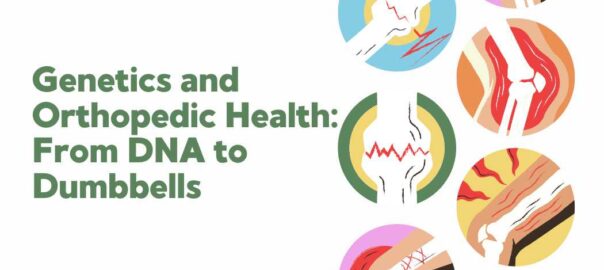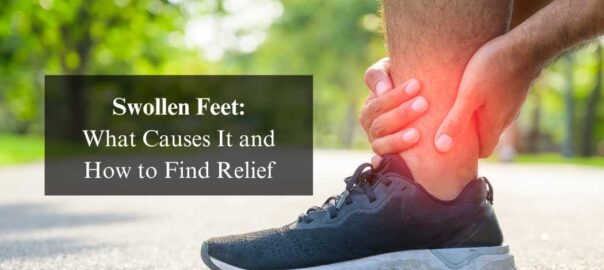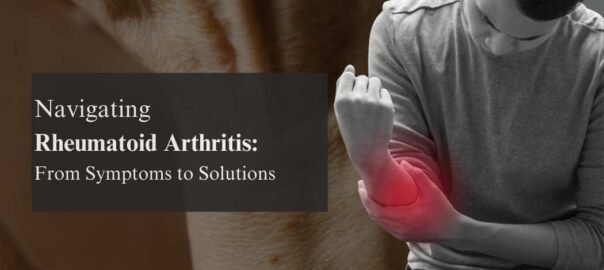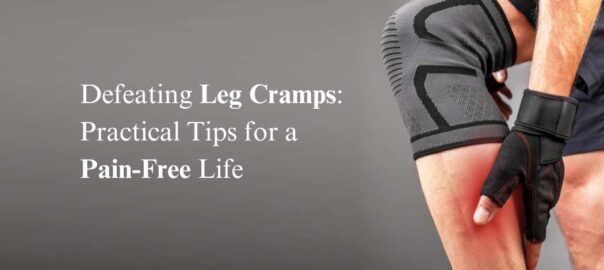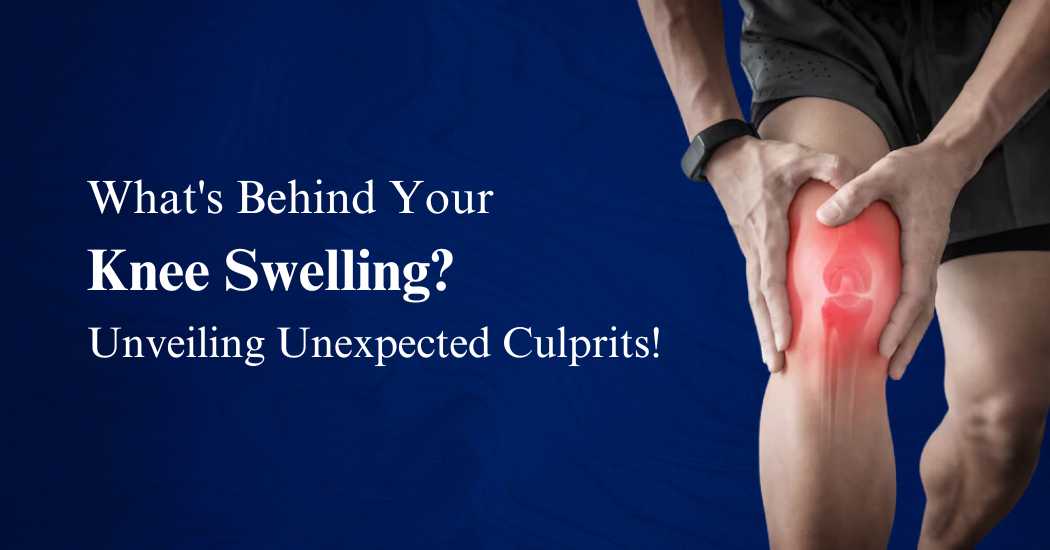
Knee swelling is not merely an uncomfortable inconvenience; it can also serve as a signal for underlying issues demanding attention. While commonly associated with injuries or arthritis, knee swelling can stem from various unexpected sources. Let’s delve into these factors contributing to knee swelling and how to effectively manage them.
1. Overuse and Strain
Overuse and strain rank among the primary reasons for knee swelling. Engaging in repetitive activities or subjecting knees to excessive pressure, such as prolonged running, jumping, or kneeling, can induce inflammation and swelling. This swelling typically accompanies pain and stiffness.
How to Address It:
- Rest: Provide your knees with a respite from activities exacerbating the swelling.
- Ice Therapy: Apply ice packs to the affected area to mitigate inflammation.
- Elevation: Keep your knee elevated to minimize swelling and enhance circulation.
- Compression: Utilize a compression bandage or knee brace for support and to diminish swelling.
2. Bursitis
Bursitis manifests when the small fluid-filled sacs (bursae) surrounding the knee joint become inflamed. Repetitive movements or prolonged pressure on the knee can trigger this condition, leading to swelling, tenderness, and warmth around the affected area.
How to Address It:
- Rest and Avoidance of Aggravating Activities: Refrain from activities exacerbating the symptoms.
- Pain Management: Over-the-counter pain relievers can alleviate discomfort.
- Physical Therapy: Incorporate gentle stretching and strengthening exercises to enhance flexibility and reduce swelling.
- Medical Treatment: In severe cases, corticosteroid injections or aspiration may be recommended by a doctor to alleviate inflammation.
3. Infection
Infections within the knee joint, such as septic arthritis or cellulitis, can induce significant swelling, redness, warmth, and tenderness. Bacteria may enter the joint through a wound or bloodstream, leading to inflammation and fluid accumulation.
How to Address It:
- Prompt Medical Attention: Seek immediate medical care upon suspecting an infection in your knee.
- Antibiotics: Treatment usually involves antibiotics to eradicate the infection.
- Joint Aspiration: Draining infected fluid from the knee joint may be necessary to alleviate pressure and prevent complications.
- Rest and Immobilization: Rest the affected knee and utilize crutches as needed to facilitate healing.
4. Gout
Gout, a form of arthritis, is characterized by sudden and severe attacks of pain, swelling, and redness in joints, including the knees. It ensues when urate crystals accumulate in the joint, triggering inflammation and swelling.
How to Address It:
- Medication: Prescription medications like NSAIDs or colchicine can alleviate pain and reduce inflammation during gout attacks.
- Dietary Changes: Limit consumption of purine-rich foods such as red meat, seafood, and alcohol to prevent gout flare-ups.
- Hydration: Adequate water intake aids in flushing out uric acid, reducing the risk of gout attacks.
- Weight Management: Maintaining a healthy weight diminishes the risk of gout and alleviates pressure on the knees.
Conclusion
Knee swelling may stem from diverse factors, spanning overuse and strain to underlying medical conditions like bursitis, infection, or gout. Identifying the root cause of knee swelling is pivotal for effective treatment and management. By comprehending these unexpected culprits and employing suitable strategies, you can alleviate discomfort, foster healing, and enhance the overall health of your knees. Remember to heed your body’s signals, promptly seek medical attention when necessary, and prioritize self-care to ensure your knees remain happy and healthy.
FAQ’s
Knee swelling can result from overuse, strain, bursitis, infection, or gout, among other factors.
Immediate medical care is warranted if knee swelling is accompanied by severe pain, redness, warmth, or difficulty bearing weight.
Yes, limiting foods high in purines and maintaining proper hydration can reduce the risk of conditions like gout.
Yes, gentle stretching and strengthening exercises prescribed by a physical therapist can enhance flexibility and reduce swelling.
Resting, applying ice packs, elevating the knee, and using compression can help alleviate swelling.

